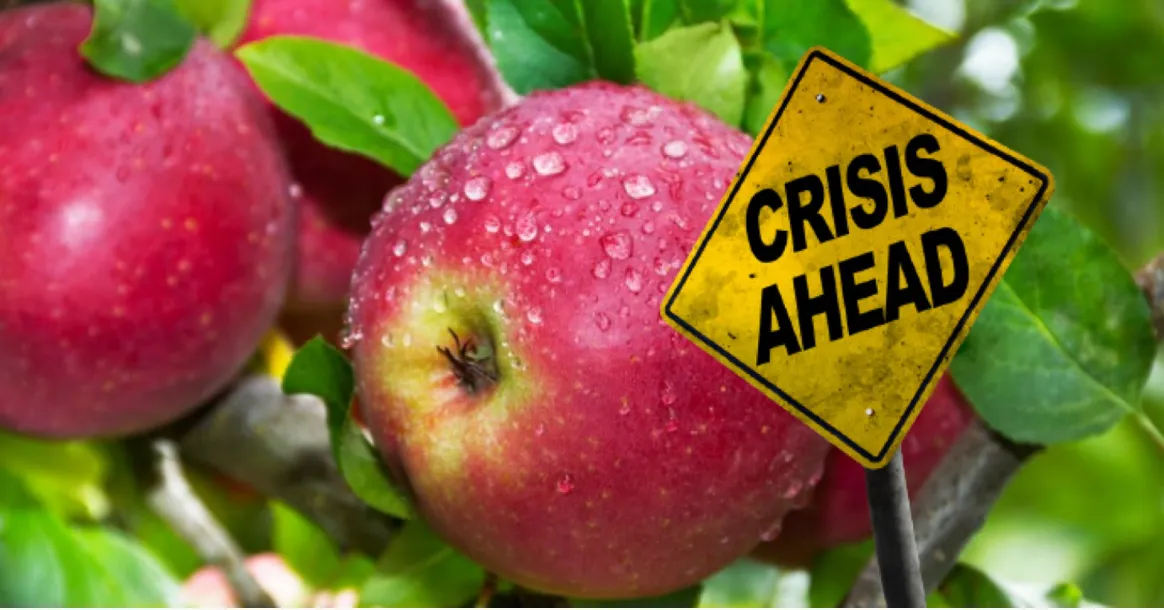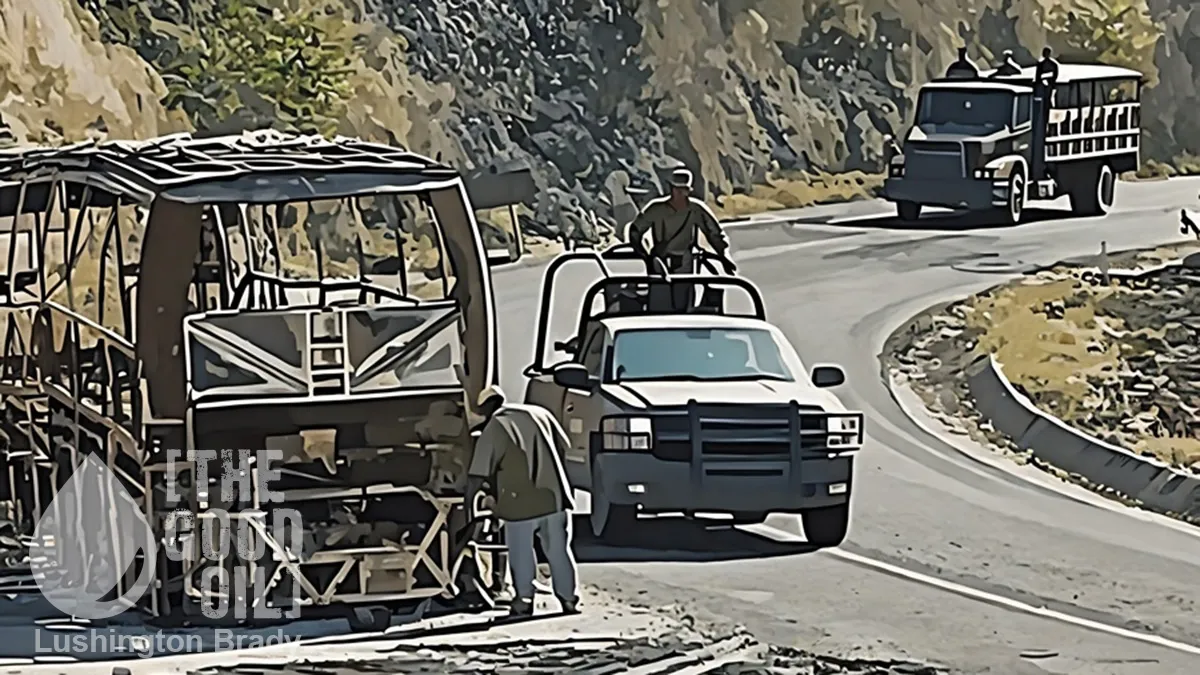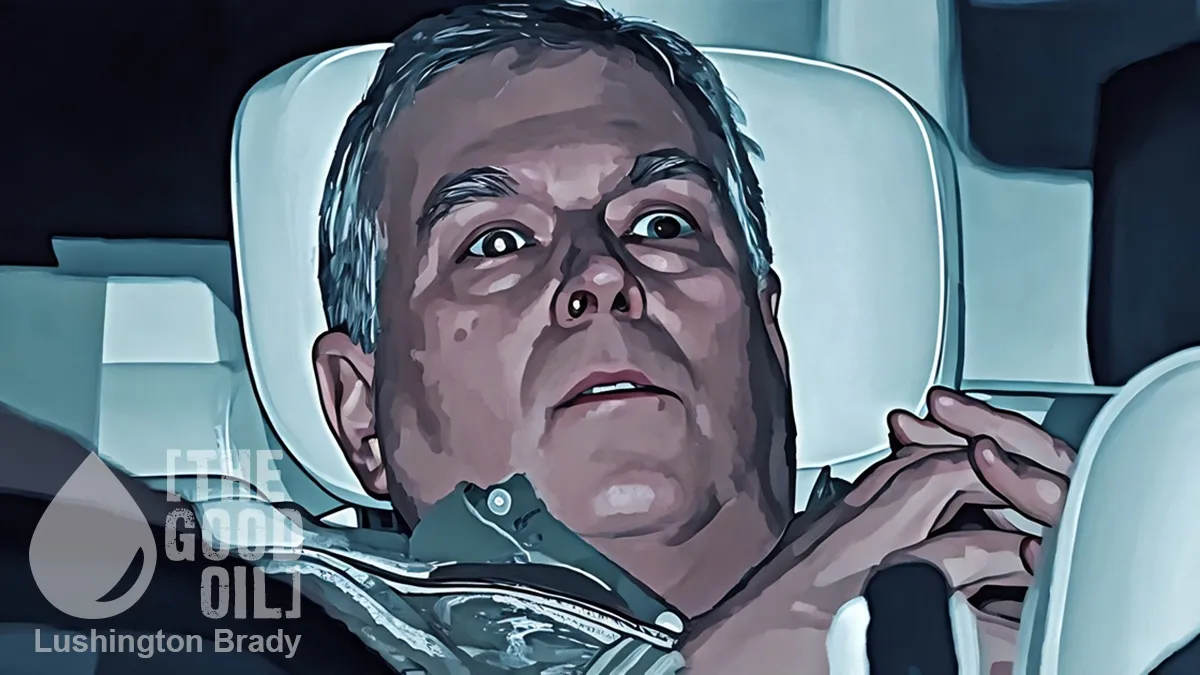Table of Contents
“The devil is in the detail” is an idiom that is believed to be derived from “God is in the details”, attributed to Ludwig Mies van der Rohe. The original connotation was that whatever one does should be done thoroughly, and truth (if any) is in the details. So turn that around and substitute God with the Devil: truth and thoroughness are removed and replaced with problems, difficulties and unforeseen or unexamined details. Monday night we got an excellent example.
The Government will open up one-way quarantine-free travel from Samoa, Tonga and Vanuatu for recognised seasonal employer (RSE) workers, to ease horticulture workforce challenges. It’s expected to begin in September.
That is great news and something the industry has lobbied for. It was OK to open the border between Australia and New Zealand, which both have active Covid cases. Covid-free Cook Islands and New Zealand also had an MIQ free status in both directions. However, Samoa, Tonga and Vanuatu, who have had no community outbreaks ever, had been ignored when the islands themselves, for over a year now, have been mega-MIQ facilities.
“This policy will open up the ability for significantly more workers to enter the country to assist with an expected peak demand for workers in February and March of 2022,” Prime Minister Jacinda Ardern said on Monday.
“While we are currently bringing in 150 RSE workers every 16 days, this new one-way travel policy will significantly expand the potential workforce available for those experiencing labour shortages.”
Ah, The Devil! “This… will open up the ability” is another Ardernism. Why not say, “This will allow significantly more workers”? This snap announcement yesterday was on the back of a poor poll result for Labour and the impact of the magnificent Groundswell protest.
She added that the risks associated with quarantine-free travel from the countries in question was considered low.
The Queen of the Bleedin’ Obvious has finally admitted it.
“Tonga has had no COVID-19 cases at all, Samoa has had one, and Vanuatu has had four. All were at the border and none have experienced community transmission.”
The move comes after COVID-19 border closures caused a crippling worker shortage for the horticulture sector in the recent harvest season, with some growers forced to leave fruit to rot on the trees due to a lack of pickers.
The Devil is roaring now. Blame Covid. Covid‘s biggest killer is not the disease itself; it is how it is used to cover up government policies that severely damage businesses.
The reality is that the “crippling worker shortage” was caused by the government’s decision to slash visa approval numbers in order to promote a non-existent local workforce. If you ask the industry, they would have taken more workers during the last harvest, even with MIQ fees, out of desperation, but the government said, “No!” The lack of pickers is directly a result of government policy – not Covid.
The big question is whether the numbers will actually increase from the 2,400 allowed since June (a figure nearly exhausted already) or not. If the quota does not increase by 500%, the MIQ-free policy is not worth the ink on the paper.
Monday’s announcement was welcomed by Horticulture New Zealand, which has been calling for such a move for months.
“The decision will provide both economic relief to the Pacific Islands and alleviate the pressure felt by New Zealand’s horticulture and wine industries who face extreme seasonal labour crises for harvest and pruning,” said Horticulture NZ’s chief executive Nadine Tunley.
“While Kiwis will continue to be first priority for employment in our horticulture and wine industries, we still require additional help from our seasonal workforce, particularly during such challenging economic times.”
She said Horticulture NZ, NZ Apples & Pears, NZ Kiwifruit Growers, Summerfruit NZ, Wine NZ and NZ Ethical Employers were all working with the Government to finalise the details of the arrangement and ensure the health, safety, and wellbeing of workers “remain paramount throughout this transition”.
Newshub
Well said. In particular, I am pleased that Tunley picked up on the Pacific Islands’ economic relief which is in a dire situation. On paper, it is at least a positive move for the industries mentioned, but beware the Devil.
Let’s see. Is there God or the Devil in the detail? Will the detail be worked out thoroughly and there be truth there, or will it end up riddled with unforeseen problems and difficulties? I wish the industry sector well in these vital negotiations, but beware of the Devil.
Please share so others can discover The BFD.









